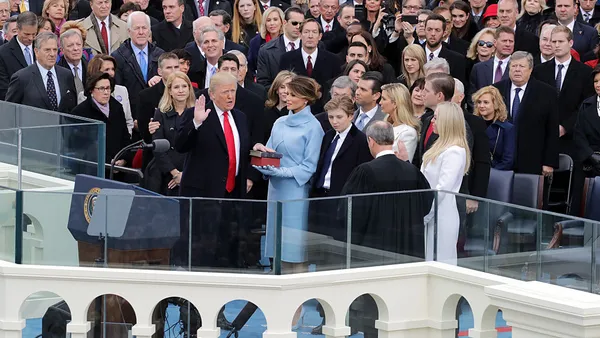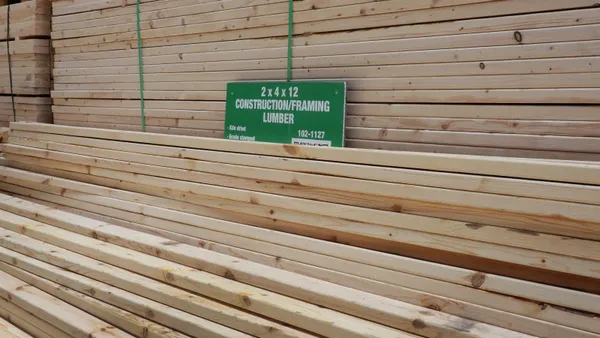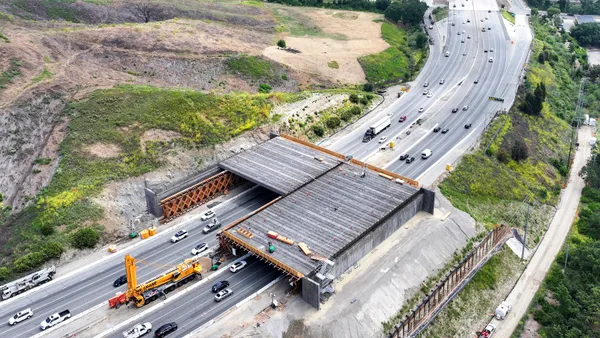Dive Brief:
-
California State Sen. Scott Wiener called for legislators and activist groups to take a more favorable view of market-rate housing in the San Francisco Bay Area and throughout the state, Curbed reported, saying that an affordable-or-nothing approach breeds unproductive hostility.
-
To keep up with growth, the state needs 180,000 more housing units annually, he said, but it is building less than half of that figure. He adds that neither California cities nor the state at-large have the financial resources to meet that demand through affordable housing alone.
- Wiener points to strict zoning rules on high-density projects and cumbersome approvals processes as chief causes of the state’s low housing production levels. Critics of Wiener’s position say that more expensive — that is, market rate — housing will raise home prices and shut out those who can’t afford it.
Dive Insight:
As Wiener states, California is not building enough housing to keep up with current and future demand. Estimates by the state’s department of housing and community development indicate that the 80,000 homes going up each year throughout the state are about 100,000 short of what’s needed. To match projected population growth, the state needs 1.8 million new units by 2025.
The strain is particularly tough for the state’s middle-class population, KPCC reported, who make too much money for subsidized down payments but not enough to afford skyrocketing prices. That’s also impacting local employers trying to fill job openings.
In his proposed 2017–2018 budget, California Gov. Jerry Brown called for legislative solutions rather than more funding to help ease supply problems. He plans to focus on policies that will make the housing construction process more efficient, decrease local fees and provide incentives for local governments to get behind affordable housing, according to the Orange County Register.
Wiener’s own legislation, Senate Bill 35, has similar aims: encourage local jurisdictions to build more housing across all levels of demand. As he explained in the San Francisco Chronicle, the bill would create a system for assessing whether cities are meeting regional housing goals. Those that aren’t will adopt a streamlined approvals process until those goals are again met.
For more housing news, sign up for our daily residential construction newsletter.















